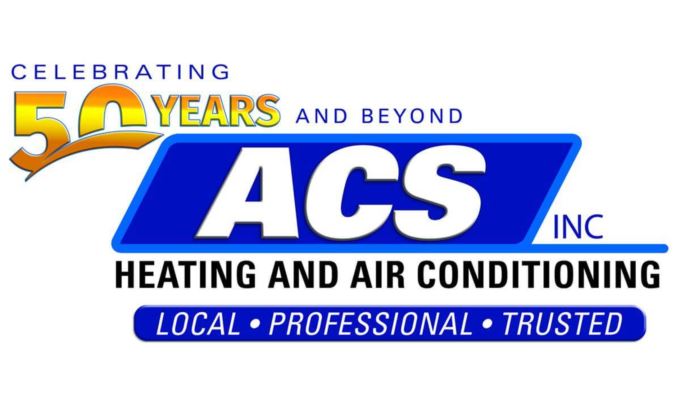
Major changes are coming for the heating and cooling industry! Cooling systems transitioning from R-410a to newer refrigerants like R-454B refrigerant and R-32 refrigerant will be implemented in 2025. These new coolants are engineered to be better for the environment and comply with new regulations about global warming. But what does that mean for your existing HVAC system and any new services?
This change will minimize the environmental effect of our air conditioning systems. Starting with 2025, new AC systems will use new class of refrigerants that more closely match with climate goals. If you're considering getting an AC replacement soon, this is the opportune time to explore how these new refrigerants can affect your home's comfort.
Why Are They Phasing Out R-410a for New HVAC Refrigerant?
For years, R-410a was the preferred refrigerant for residential air conditioners because of its efficiency. But research revealed that R-410a still negatively impacts global warming. In response, the Environmental Protection Agency (EPA) established a plan back in 2021. The industry will steadily phase out R-410a to make room for refrigerants that are more eco-friendly.
The HVAC industry has undergone changes like this before. When the industry phased out R-22 (commonly called Freon) to R-410a, residents like you had to adapt. And similarly, this transition will impact how systems are designed as well as the recommended procedures for HVAC maintenance. Both residents and HVAC technicians must get ready for these new refrigerants if they wish to continue enjoying the most secure, most energy-efficient cooling possible.
What Refrigerant Is Replacing R-410a?
The upcoming refrigerants fall under the new "A2L" classification and contain the newest R-454B refrigerant and R-32 refrigerant coolants. They're designed to provide the same powerful cooling while greatly lowering their global warming potential (GWP) compared to R-410a.
R-454B refrigerant is believed to be particularly effective due to its GWP being approximately 78% less than R-410a. Although R-454B refrigerant is technically more flammable than R-410a, updates to system manufacturing and maintenance practices will ensure servicing is just as safe to perform. Additionally, contemporary cooling systems using R-454B refrigerant are considerably more energy efficient, leading to substantial savings on energy bills over time, especially if you keep up with routine HVAC maintenance.
This switch isn't simply about substituting the refrigerant—it impacts the whole HVAC system because the components of R-454B refrigerant make it incompatible with older systems. Ultimately, every household and business using R-410a will need to upgrade to one of the new systems.
R-410a Replacement: What Do I Need to Do to Transition to New HVAC Refrigerants?
Changing to the new refrigerants won't be as straightforward as substituting what's used in your home's HVAC system. That's because the unique properties of R-454B refrigerant and R-32 refrigerant mean you can't use them in a system that uses R-410a. But don't worry—you can still use your current R-410a system for now. Just remember that as time goes on, the expense of repairs and tune-ups will go up as R-410a becomes less available.
Anticipating the changes is the most effective way to handle things. If your AC system is currently nearing the end of its lifespan, this is the ideal time to think about upgrading to a newer model that uses the new R-454B refrigerant. Plus, the team here at ACS Heating and Air Conditioning can support you with making the transition with flexible options for HVAC replacement financing.
What Type of Cooling Refrigerant Is in My HVAC System?
Unsure which refrigerant your AC system uses? In general, you can easily learn this information by examining the label on your outdoor unit. This label indicates the type of refrigerant, the model number and numerous other particulars about your cooling system.
But if you can't read the label or can't find your user manual, remain calm! You can always connect with one of the skilled technicians at ACS Heating and Air Conditioning to help you in determining this information. Get all the info you need by contacting us at 770-824-3170.

